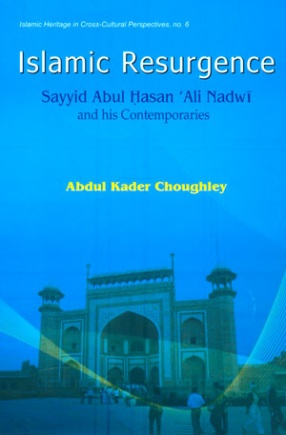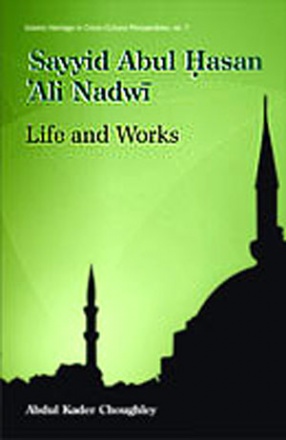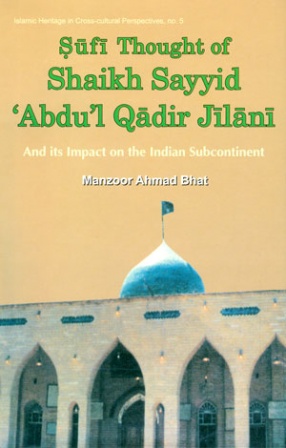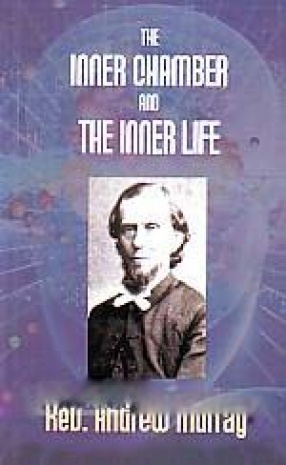The topic of Islamic resurgence has gained significance in view of the geo-political developments over the last century in the Muslim world. The varied interpretations of tajdid (revival) by the 'ulama and the Islamists have deeply shaped the discourse of Islamic resurgence. This work studies the interaction between Islamic resurgent movements and their impact on the shaping of an Islamic order, with the focus on Maulana Nadwi (1913-1999), the 'ulama, and Islamists and transmitters of tajdid (revival).
The volume examines the contributions of Maulana Sayyid Abul Hasan 'Ali Nadwi to Islamic resurgence and his conception of an Islamic order, comparing his ideas with those of his contemporaries, Sayyid Abul A'la Maududi of Pakistan and Sayyid Qutb of Egypt. Beginning with a detailed historical analysis of Islamic resurgent movements, it deals with the sources of Islamic authenticity of an ideal past in relation to Islamic reformist thought. It takes up the historical figures and Islamic institutions that contributed to Maulana Nadwi's formulation of Islamic resurgence. Common themes in the writings of Maulana Nadwi and his contemporaries are examined, especially the theories of Jahiliyyah and Hakimiyyah.
The book is relevant in the context of Islamic resurgence in the present day especially with reference to globalisation. It will be useful to students and scholars of Islamic studies as well as general readers.







There are no reviews yet.